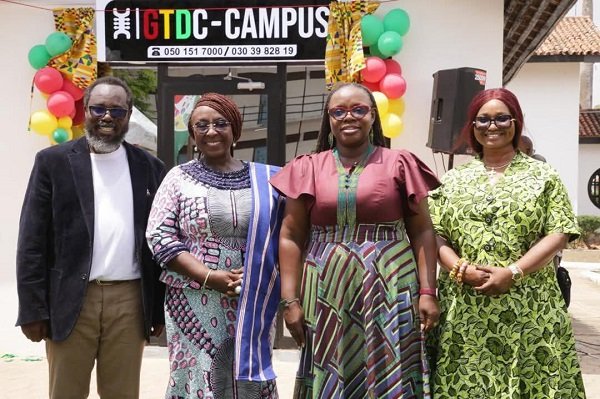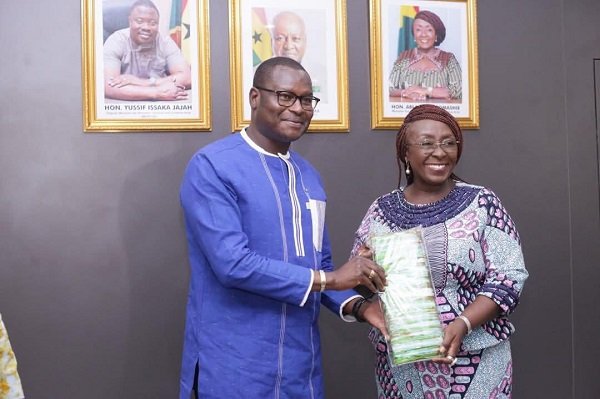News
Hundreds held as Hong Kong police disperse protestors

Hong Kong police have fired pepper pellets to disperse protesters as hundreds of people gathered in the centre of the financial hub to oppose a controversial bill on China’s national anthem and a planned move by Beijing to impose a national security law on the semi-autonomous territory.
Amid rising tensions, riot police on Wednesday were deployed around Hong Kong’s Legislative Council, where the measure that would criminalise disrespect of the Chinese national anthem was due to be debated.
Angry over perceived threats to the city’s freedoms, people of all ages took to the streets of the Central district, some dressed in black, some wearing office clothes and some hiding their faces beneath open umbrellas in scenes reminiscent of the unrest that shook Hong Kong for several months last year.
Police quickly arrived and used pepper ball guns to disperse protesters. Officers were seen rounding up dozens of people, making them sit on a pavement before searching them.
Police said they had arrested about 240 people in three districts, most for illegal assembly.
“Hong Kong’s government has warned that it is prepared to continue cracking down hard if protesters continue to defy orders to stay off the streets,” Al Jazeera’s Adrian Brown, reporting from the centre of the city, said.
“And the police warned that people taking part in [an illegal] assembly risk a jail term of up to five years,” Brown added.
The latest protests in Hong Kong follow the Chinese government’s proposal for national security legislation aimed at tackling secession, subversion and “terrorist” activities in the city. The planned laws could see Chinese intelligence agencies set up bases in Hong Kong.
The proposal, unveiled in Beijing last week, triggered the first major street unrest in Hong Kong in months on Sunday, with police firing tear gas and water cannon to disperse protesters.
The United States, Australia, Britain, Canada and others have expressed concern about the legislation, widely seen as a possible turning point for China’s freest city and one of the world’s main financial hubs.
But Chinese authorities and the Beijing-backed government in Hong Kong say there is no threat to the city’s high degree of autonomy and the new security law would be tightly focused.
“It’s for the long-term stability of Hong Kong and China, it won’t affect the freedom of assembly and speech, and it won’t affect the city’s status as a financial centre,” Hong Kong Chief Secretary Matthew Cheung told reporters.
SOURCE: AL JAZEERA AND NEWS AGENCIES
News
GTDC launches Campus Tourism Office at University of Ghana

The Ghana Tourism Development Company, GTDC, under the leadership of Prof.Kobby Mensah has launched GTDC Campus Tourism Office at the University of Ghana.
The initiative aims to promote educational and domestic tourism by providing structured campus tour experiences showcasing key heritage sites, including the Archaeology Museum and the School of Performing Arts.
It will also offer students their first travel experience across the continent and inculcate in them love to visit Ghana’s heritage sites.
Addressing the gathering at the launch yesterday, the Minister of Tourism, Culture and Creative Arts, Abla Dzifa Gomashie, described tourism as a vehicle for education and heritage preservation, stressing that the sector must inspire citizens to value and protect national culture for future generations.
The minister highlighted tourism’s connection to disciplines such as history, the arts, economics and environmental science.
The minister further noted that the private sector is the engine of tourism economy, adding that the engines require fuel, which is talents.” by investing in these young people today, you are securing the quality, the innovation and competitiveness of our own industry for tomorrow.
She added that the establishment of the office represents a deliberate investment in the intellectual capital of the country.
The GTDC boss, Prof.Kobby Mensah, said,”at GTDC, we believe that if our tourism has to be sustainable, we have to promote domestic tourism and a very big part of it is getting students to appreciate tourism and helping them to organise tours.”
He added that the University of Ghana itself is a huge heritage site which must be explored.
Prof.Kobby Mensah noted that the initiative, which is one of many to be established across the country, is a joint partnership between GTDC and University of Ghana.
The Vice Chancellor of the University, Prof.Nana Aba Appiah Amfo, said the University is a custodian of heritage which goes beyond the structures and welcomed the establishment of the first Campus Tourism Office.
She was optimistic that the office would be put to good use to achieve the intended purpose.
The launch brought together Stakeholders reaffirming their commitment to nurturing future tourism and hospitality professionals.
By Edem Mensah-Tsotorme
News
Ghana to feature as Guest Country at Burkina Faso’s 22nd National Culture Week

Ghana has officially accepted an invitation to serve as Guest Country at Burkina Faso’s 22nd National Culture Week in Bobo-Dioulasso from April 22 to May 2, 2026.
The invitation was extended by Burkina Faso’s Minister of Communication, Culture, Arts and Tourism, Gilbert Noël Ouédraogo, accompanied by the Ambassador of Burkina Faso to Ghana, H.E. David Kabré.
Receiving the delegation, Abla Dzifa Gomashie reaffirmed Ghana’s commitment to deepening cultural diplomacy and strengthening historic ties between the two nations.
She noted that the festival will create opportunities for young creatives, expand exhibition platforms and promote commercial exchange within the creative sector.
The event will feature cultural performances, a community village and gastronomy fair, an arts market, literary engagements, and a craft and trade fair.
Ghana’s participation is expected to further strengthen bilateral relations between John Dramani Mahama and Ibrahim Traoré, while fostering collaboration within the creative ecosystems of both countries.






